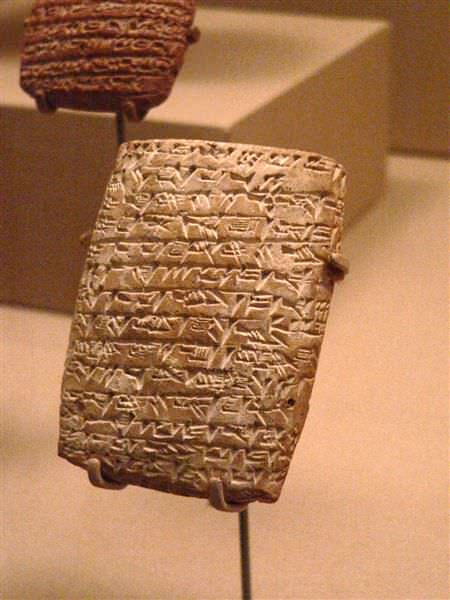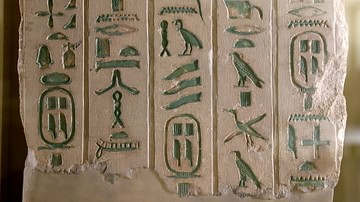
Philology is derived from the Greek terms φίλος (love) and λόγος (word, reason) and literally means a love of words. It is the study of language in literary sources and is a combination of literary studies, history and linguistics. Philology is generally associated with Greek and Classical Latin, in which it is termed philologia. The study of philology originated in European Renaissance Humanism in regards to Classical Philology but this has since been combined to include in its definition the study of both European and non-European languages. The idea of philology has been carried through the Greek and Latin literature into the English language around the sixteenth century through the French term philologie meaning a 'love of literature'
Generally philology has a focus on historical development. It helps establish the authenticity of literary texts and their original form and with this the determination of their meaning. It is a branch of knowledge that deals with the structure, historical development and relationships of a language or languages.
The Branches of Philological Studies
Comparative philology is a branch of philology which analyses the relationship between languages. For instance, the commonalities between Latin and Etruscan or further flung languages of Asian or African provinces.
Cognitive philology studies written and oral texts in consideration of the human mental processes. It uses science to compare the results of research using psychological and artificial systems.
Decipherment is another branch of philology which looks at resurrecting dead languages such as done achieved by Jean-Francois Champollion in the decipherment of Hieroglyphs with the use of the Rosetta Stone and more recently by Michael Ventris in the decipherment of Linear B. Decipherment would be key to the understanding of still little understood languages such as Linear A.
Textual philology editing is yet another branch of philology with includes the study of texts and their history in a sense including textual criticism. This branch was created in relation to the long traditions of Biblical studies; in particular with the variations of manuscripts. It looks at the authorship, date and provenance of the text to place it in its historical context and to produce 'critical editions' of the texts.










